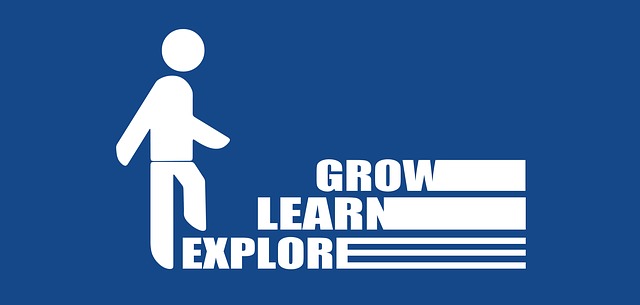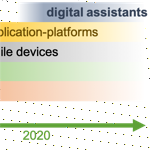-
Travel – Egypt – Days 8, 9

Day 7 is about relaxing, reading (a lot), and writing (I managed to catch up with my writing about all the previous days). Day 8 started with a flight to Sharm El-Sheikh where I am about to spend 2 days. This part of the trip is about enjoying the Red Sea and the desert. The…
-
Travel – Egypt – Days 6, 7

I am in Aswan. It’s the end of my exploration of the ancient Egyptian civilization. Two sites to see today: The Aswan High Dam and the Temple of Philae.
-
Travel – Egypt – Day 5

We wake up in Edfu. Day 5. It’s another day of ancient ruins and cruising on the Nile. Here’s where we are on the map. We seem to have travelled from Esna to Edfu overnight.
-
Travel – Egypt – Day 4

What a wonderful experience! The whole day was hambling and exciting. Not a boring moment.
-
Travel – Egypt – Day 3

Early early start to fly to Luxor for a 5-day cruise up the Nile (Luxor -> Aswan) with stops along the way to see Egyptian ruins. Our boat is a 5-story floating hotel called the “Nile Dolphin”.
-
Travel – Egypt – Days 1, 2

I was going to publish only one entry at the end of my entire trip, as a recording of my memories/observations throughout my entire visit in Egypt. However, it’s day 4 and my brain is already running out of space for everything I would like to remember. So, I need to start writing things down…
-
On to new adventures

After another great and rewarding stint with Cortana, I said another difficult “goodbye” to the awesome team. Here’s the email I sent out to the organization…
-
Digital Assistants are indeed emerging as a new platform

I just came across the “Why the iPhone Is Finally Fading†article. The author makes the case that it’s the emergence of devices for digital assistants the cause of the recent iPhone sales slowdown. The article reminded me of the years prior to Cortana and the predictions that I and others in the industry were…
-
10 years at Microsoft

Microsoft Human Resources just sent me a note to tell me that I reached 10y with the company!!! It only feels like it was last year that I joined 🙂 Side note for the non-Microsofties… The company counts the total number of years of service since joining, minus any “sabbatical” at another company. I joined
